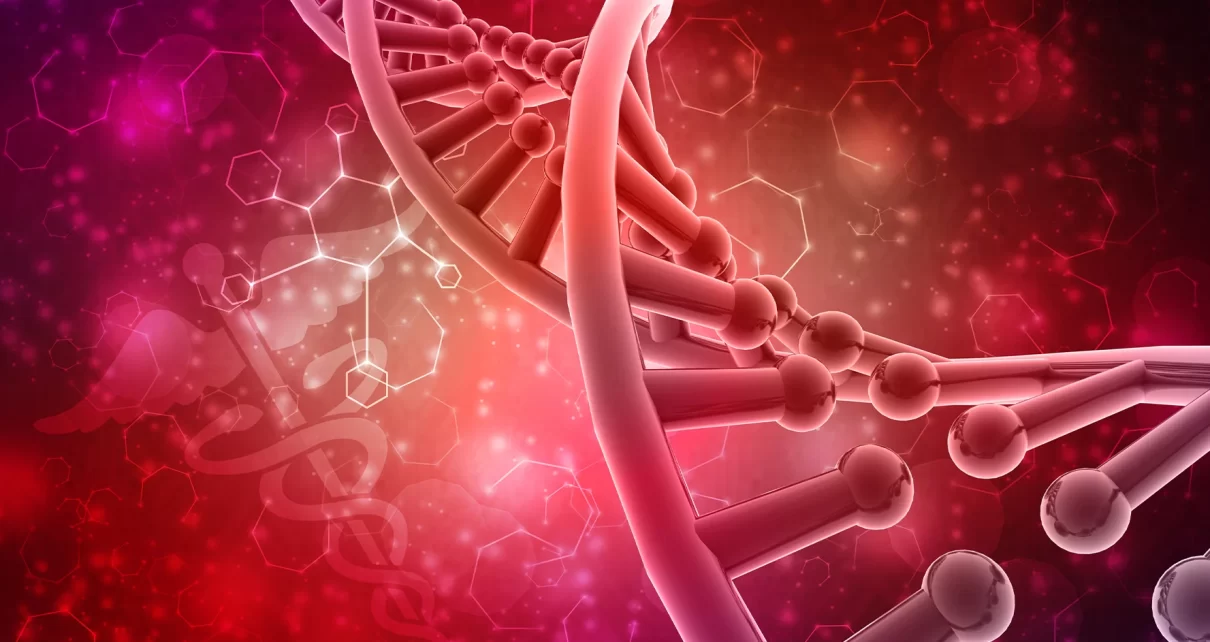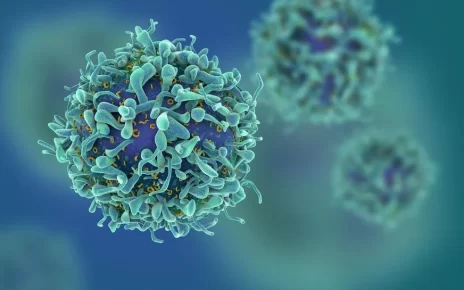Delicate yet influential, hormones play a pivotal role in orchestrating numerous bodily processes. These biochemical messengers, produced by our endocrine system, influence everything from mood and appetite to growth and metabolism. Much like the silent, unseen mechanisms of a well-oiled machine, hormones work behind the scenes, ensuring our body operates in harmony. This article embarks on a journey through the fascinating world of hormones, elucidating their multifaceted roles.
Understanding Hormonal Balance and Imbalance
Hormones function in a delicate equilibrium, with even slight deviations causing noticeable effects on the body. Imagine the balance in hormones as the meticulous calculations and algorithms that go behind games like reel roger online casino. Just as small changes in the game’s programming could heavily impact gameplay, so can minute fluctuations in hormonal levels disrupt bodily functions. An imbalance, whether it’s an overproduction or deficiency, can lead to a plethora of health issues such as diabetes, thyroid disorders, or adrenal insufficiencies. Recognizing the symptoms and understanding the causes behind imbalances can aid in timely intervention and management.
Hormones and the Life Cycle
From conception to old age, hormones play a crucial role in every phase of our life cycle. They guide developmental milestones in the womb, steer puberty’s tumultuous changes, regulate menstrual cycles, and even orchestrate the intricate processes of pregnancy and childbirth. Additionally, as individuals age, hormones like estrogen and testosterone see a decline, leading to menopause in women and reduced virility in men. Just as different stages in a game require different strategies, our body, at different life phases, demands specific hormonal orchestrations to function optimally.
The Relationship Between Hormones and Mood
It’s no secret that hormones significantly impact our mood and emotions. Hormones like serotonin and dopamine, often termed “feel-good hormones,” play vital roles in governing our feelings of happiness and well-being. On the flip side, imbalances can lead to mood disorders, anxiety, and depression. Additionally, conditions like Premenstrual Syndrome (PMS) in women, where hormonal fluctuations occur, can lead to mood swings, irritability, and emotional sensitivity. Understanding this hormonal interplay can foster empathy and offer insights into managing mood-related disorders.
Hormones and Modern Lifestyle Choices
Our contemporary lifestyle, replete with stress, irregular sleep patterns, and processed food intake, can adversely impact hormonal health. Interestingly, indulgences like playing in a real money casino can trigger rushes of dopamine, the reward hormone, leading to feelings of exhilaration. However, consistent exposure to such highs, whether through gambling, overuse of social media, or substance abuse, can desensitize our hormonal response, leading to dependencies or reduced natural production. Being cognizant of these influences and adopting a balanced lifestyle can ensure optimal hormonal health.
Advancements in Hormonal Therapies
Science and medicine have come a long way in understanding and manipulating hormonal pathways for therapeutic benefits. From insulin for diabetes to hormone replacement therapies for menopause, these interventions have revolutionized the management of conditions resulting from imbalances. Moreover, with the advent of biotechnology, synthetic hormones, tailored to mimic natural ones, are increasingly being used in treatments. These therapies, when prescribed and monitored correctly, can drastically improve the quality of life for many individuals.
Conclusion
Hormones, while minuscule in their quantities, leave an indelible mark on our health, emotions, and overall well-being. As the silent conductors of the symphony of life processes, they deserve acknowledgment and understanding. With advancements in medical science, we now have tools to balance and harness these hormones, ensuring that the music of our bodily functions remains harmonious and melodious.





